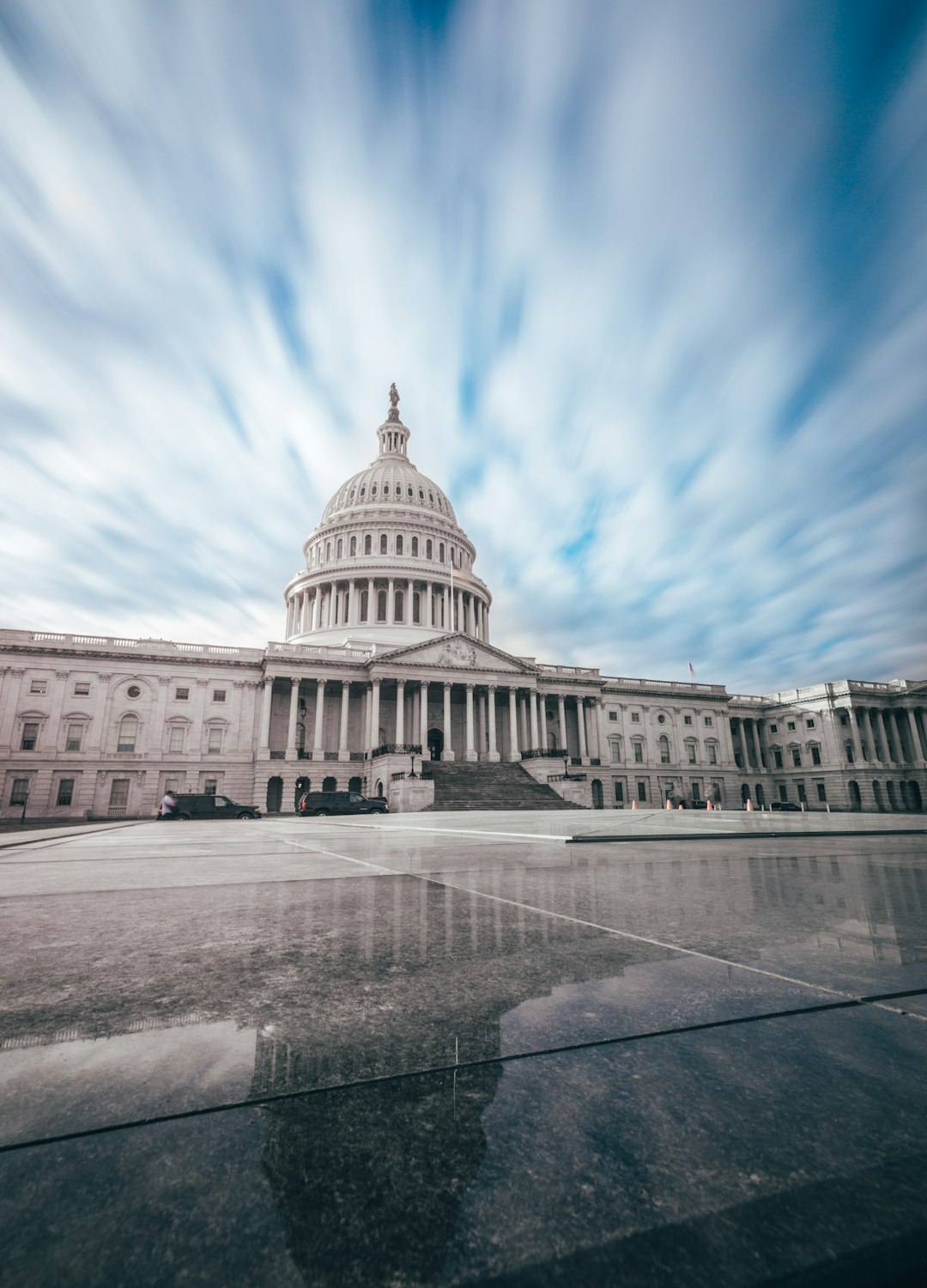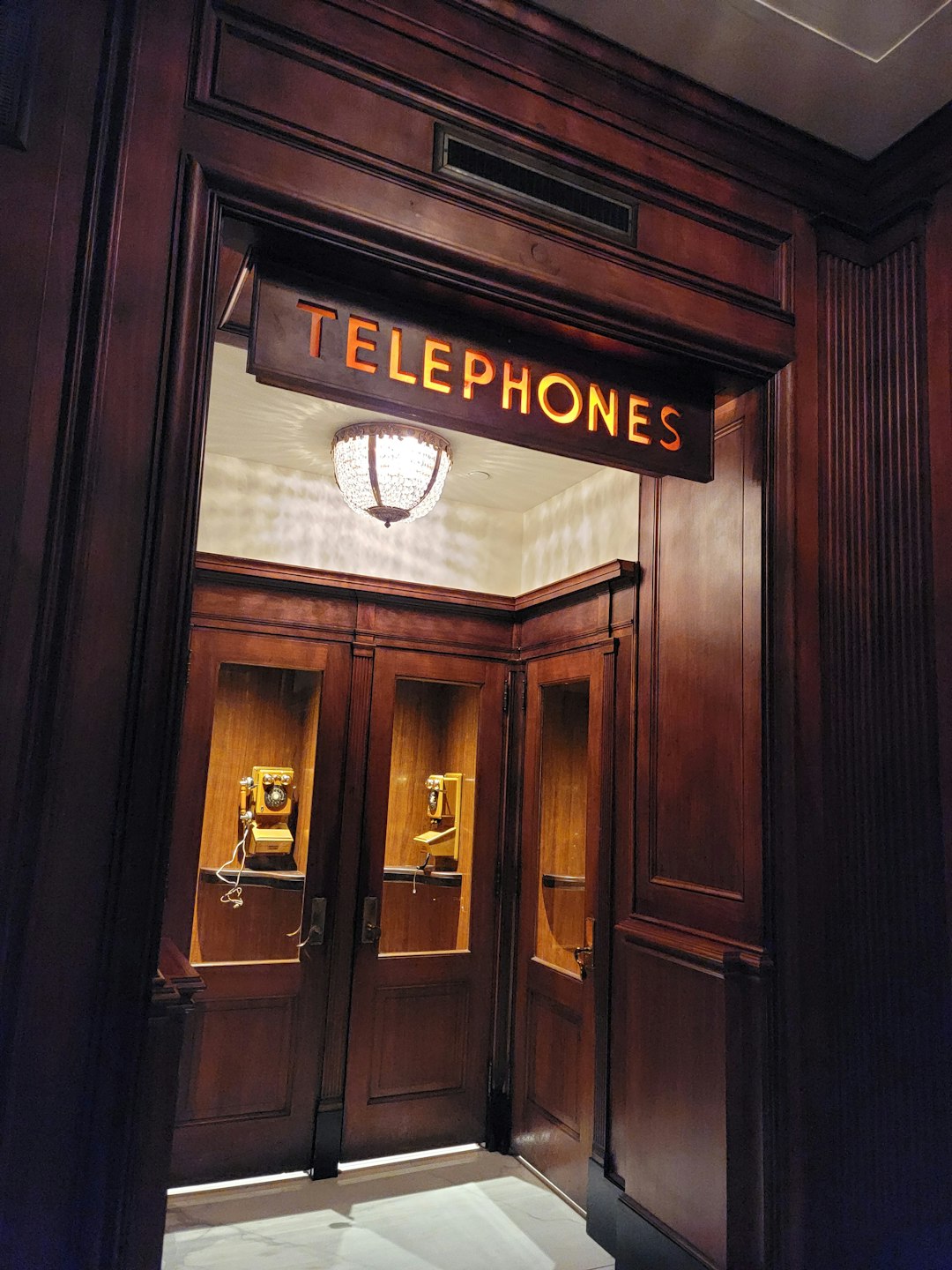In Washington State, consumers are protected from deceptive telemarketing practices by state laws. Individuals can opt-out of unwanted calls through the Do Not Call List and document interactions with suspicious callers. If rights are violated, consult a do not call lawyer or attorney specializing in consumer protection to take legal action against lawyers or law firms engaging in unethical behavior. Gathering evidence is crucial for filing complaints and pursuing damages. Research reputable law firms experienced in telemarketing fraud cases to ensure fair representation.
In Washington State, deceptive telemarketing practices can be a nuisance and even lead to financial loss. Understanding your rights and knowing how to handle these calls is crucial. This comprehensive guide navigates the intricacies of dealing with persistent telemarketers, offering strategies from engaging when appropriate to disengaging firmly. Learn about legal recourse available if you’ve been scammed or misled, and find tips for choosing a specialist do not call lawyer in Washington to protect your rights.
Understanding Deceptive Telemarketing Practices in Washington

In Washington, telemarketers often employ deceptive practices to lure potential clients, which can be frustrating and even illegal. These tactics may include making false promises, misrepresenting product or service details, or using high-pressure sales techniques to push individuals into making impulsive decisions they might later regret. Common deceptions can range from exaggerating the benefits of a product to omitting crucial information about costs and obligations.
Washington state laws protect consumers from such deceptive telemarketing behaviors. Individuals who feel they have been targeted by these practices can take action. If you’ve received unwanted calls from telemarketers using deceptive methods, consider documenting the interactions, including dates, times, and details of what was said. Contacting a do not call lawyer in Washington or consulting with an attorney specializing in consumer protection can be beneficial steps to understand your legal rights and options for pursuing action against the offending party, whether it’s an individual or a law firm engaging in these deceptive telemarketing tactics.
Your Rights as a Consumer in Washington State

In Washington State, consumers have specific rights when it comes to dealing with telemarketers and their often deceptive practices. The Do Not Call List (DNC) is a powerful tool available to residents, allowing them to opt-out of unwanted phone calls from various sources, including lawyers, law firms, and attorneys. By registering your number on the DNC list, you can prevent cold calls from these businesses, ensuring peace of mind.
If you feel that a telemarketer has used deceptive tactics or violated your privacy, it’s advisable to contact a lawyer specializing in consumer rights or a Do not call lawyer in Washington. These legal professionals can guide you through your options and help enforce your rights as a consumer. Remember, standing up for your rights is crucial, and with the right support, you can protect yourself from aggressive or misleading telemarketing activities.
When to Engage and When to Disengage: Strategies for Handling Unwanted Calls

When faced with deceptive telemarketing practices, knowing when to engage and when to disengage is crucial. If a caller uses high-pressure tactics or attempts to mislead you into providing personal information, it’s best to immediately disengage. Hang up or use the “Do Not Call” function on your phone to prevent further unwanted contact.
In Washington, state laws protect consumers from deceptive telemarketing calls, including those from lawyers or law firms. If a genuine legal issue arises, and you suspect a lawyer or law firm is using deceptive practices to represent you, it’s advisable to consult with an experienced do not call lawyer in Washington. They can guide you on how to handle such situations and ensure your rights are protected.
Legal Recourse: What You Can Do If Scammed or Misled

If you’ve been a victim of deceptive telemarketing practices in Washington State, knowing your legal options is crucial. While it can be disheartening to realize you’ve been scammed, there are steps you can take to seek justice and potentially recover losses. The first course of action is to gather evidence; this could include recordings or notes from the interaction, any promotional materials sent, and financial records related to the transaction.
In Washington, several legal avenues are available to consumers who’ve been misled by telemarketers. You can file a complaint with the Washington State Attorney General’s Office, which has a dedicated Do Not Call program that helps investigate and prosecute illegal telemarketing activities. Additionally, consulting with a lawyer specializing in consumer protection or fraud cases, such as those at reputable law firms in Washington, could be beneficial. They can guide you on potential legal recourse, including seeking damages for any financial losses incurred, and help ensure that the responsible parties are held accountable through civil lawsuits or criminal charges, depending on the severity of the deception. Remember, don’t hesitate to reach out to a Do not call lawyer in Washington for assistance; they can provide expert advice tailored to your situation.
Choosing the Right Lawyer: Tips for Finding Representation in Washington

When dealing with deceptive telemarketers in Washington, one crucial step is to seek legal counsel from an experienced attorney who specializes in consumer protection laws. Choosing the right lawyer can significantly impact your case and ensure justice is served. Here are some tips to help you navigate this process.
Start by researching local law firms or individual attorneys who have a proven track record in handling cases related to telemarketing fraud and deceptive practices. Look for professionals with expertise in consumer rights, privacy laws, and regulations governing telemarketing activities. Many law firms offer free initial consultations, allowing you to discuss your situation and gauge their interest in taking on your case. While searching online for “Do not call lawyer Washington” or “Do not call attorney Washington,” consider factors like the firm’s reputation, client testimonials, and their approach to handling similar cases. Additionally, asking for referrals from trusted sources can lead you to reputable lawyers who will fight for your rights without engaging in deceptive practices themselves.






